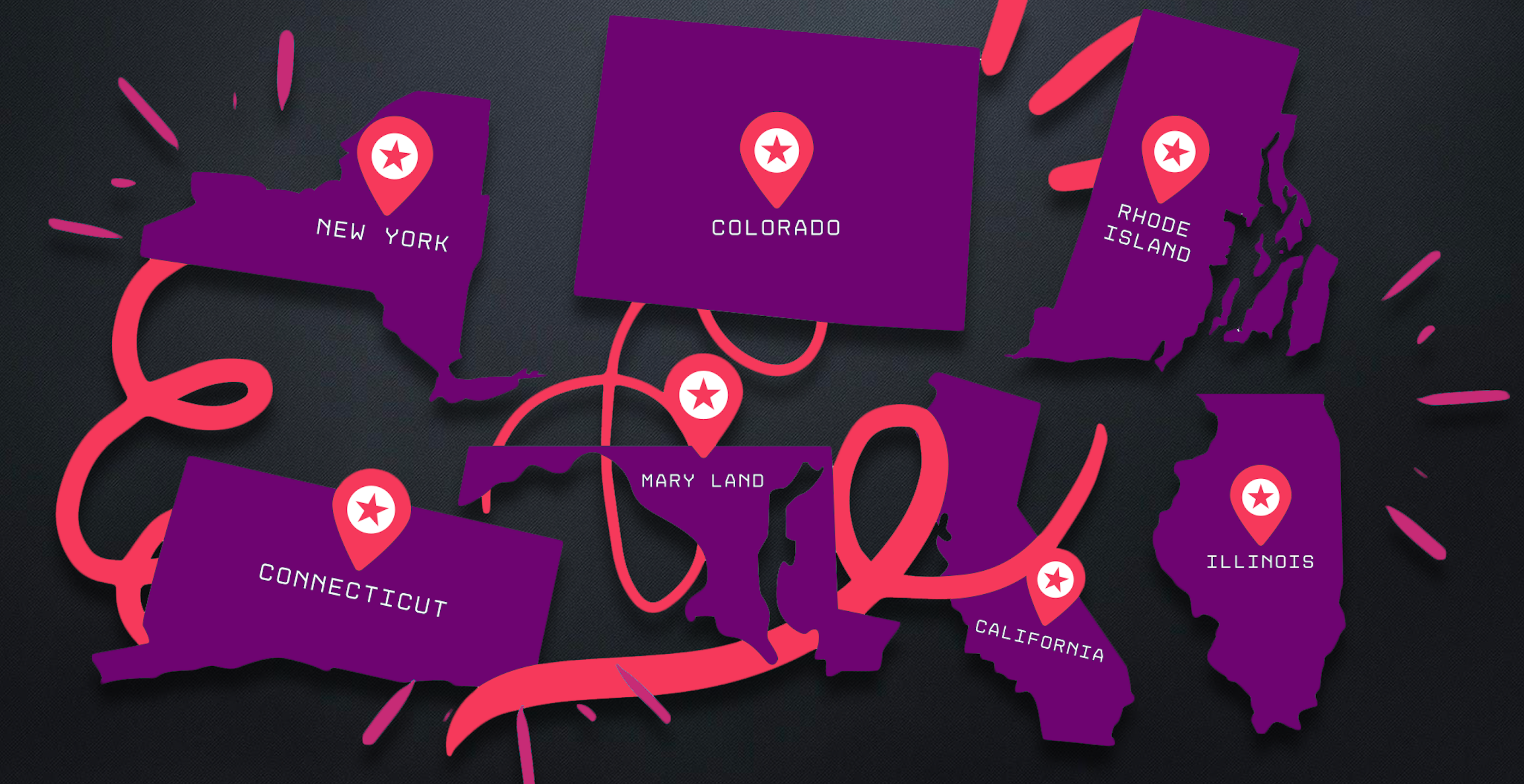In 2020, women made 83 cents on the dollar compared to men, based on median annual earnings for full-time, year-round work. Compared to White non-Hispanic men, White women made 79 cents on the dollar, Black women 64 cents, and Hispanic or Latina women just 57 cents. Without major policy interventions, these gaps will take decades or even centuries to close. Unless we make a change, Black women aren’t projected to reach equal pay until 2133, and Latinas will have to wait until 2206 (based on median annual earnings trends from 1985 to present).
Advocates across the United States, and an increasing number of policymakers, are stepping up to say that we simply cannot wait. The federal Equal Pay Act of 1963 has not been updated since it was passed, and the latest attempt to do so with the Paycheck Fairness Act (H.R.7) was shot down before going to a vote in the senate. Nevertheless, state and local initiatives to update equal pay statutes are leading the way in increasing access to equal pay protections and pay transparency. Over the last year, these cities and states have fought for and won vitally important equal pay legislation.
New York City and Colorado: Wage ranges up front
In December, the City of New York passed legislation which requires employers with four or more employees to make salary ranges public for all job postings, job transfers, or promotion opportunities. A year ago this January, the state of Colorado enacted similar legislation, the Colorado Equal Pay Transparency Rules, which apply to employers with at least one employee for jobs that require anything more than a “modest” amount of work.
These kinds of pay transparency laws help all workers by reducing their need to negotiate for salaries and increasing their ability to make informed decisions during the job search process. Equal pay laws can be of particular help to groups that are historically underpaid, like women and people of color.
Connecticut and Rhode Island: Disclosing salary ranges and expanding definitions
Connecticut and Rhode Island have less assertive disclosure laws, but their new legislation still represents a significant step up from before. Their laws also expand the scope of what equal pay means and who is entitled to it. Connecticut’s HB 6380 requires employers with one or more employees to disclose wage or salary ranges to applicants at or before the time of a job offer, or at the applicant’s request— whichever comes sooner. The same goes for current employees seeking transfer or promotion. Colorado’s law also amends the “equal work” provision to “comparable work,” a standard which is much more common in other high income countries (sometimes called “work of equal value”).
Rhode Island legislation that will take effect in January 2023 requires employers to provide a wage range for open positions upon an applicant’s request. Employers are also required to provide a wage range if current employees transfer to a new position at the same company. The Rhode Island law expands the protected classes to include race, color, religion, sex, sexual orientation, gender identity or expression, disability, age, or country of origin. Like Connecticut’s law, it also makes the specification for “comparable” rather than “equal” work.
Maryland: Starting— and protecting— pay discussions
Like Connecticut and Rhode Island, Maryland employers must provide wage ranges to applicants upon request. The law protects applicants who request wage range information from retaliation from potential employers and protects the right of employees to discuss their wages without fear of retaliation. Importantly, employers can’t silence employees by forcing them to sign nondisclosure agreements (similar laws were passed in Washington and California). Maryland and Rhode Island employers are also only allowed to consider wage history (if it’s voluntarily given by an applicant) after an offer of employment has been made.
California and Illinois: Reporting requirements making it official
Laws in California and Illinois focus on what employers must report to governmental agencies. California employers with 100 or more employees must report pay data to the Department of Fair Employment and Housing. Starting this year, Illinois employers with over 100 employees who file EEO-1 with the federal government must also apply for an equal pay registration certificate with the Illinois Department of Labor by submitting wage, gender, race, and tenure data for all employees, along with a signed certification that the employer complies the Equal Pay Act. These kinds of reporting requirements support other pay equity initiatives because they provide a basis for accountability and enforcement, and produce useful data for equal pay scholars.
These state and local laws are important steps to closing the wage gap, and they lay the groundwork for more expansive and inclusive legislation at the federal level.


